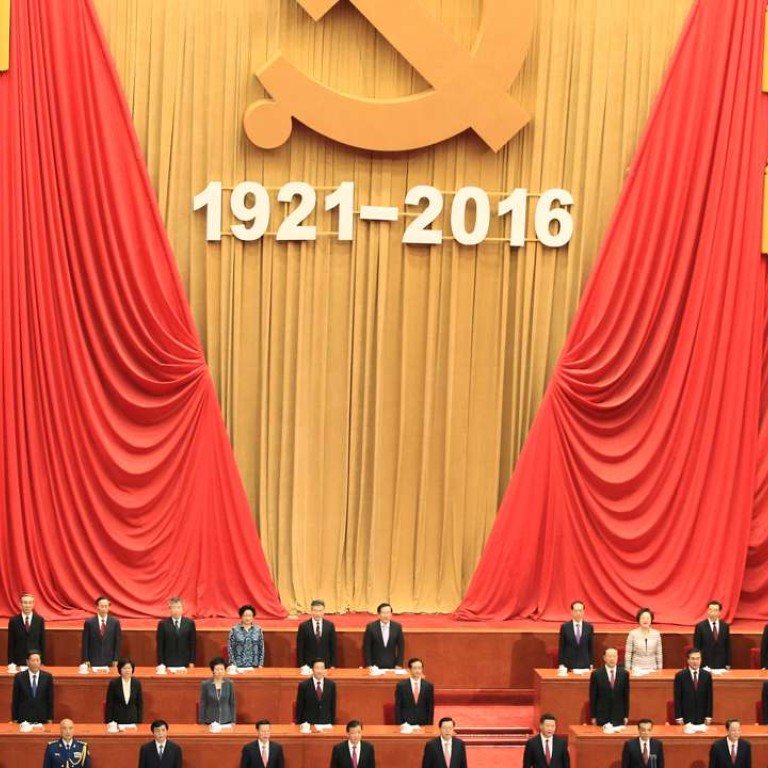
China to set up new anti-corruption body to oversee all public servants as it intensifies battle against graft
Made up of commissions across the nation, organ will integrate separate state agencies
China will set up a new anti-graft body to consolidate separate state agencies and oversee all public servants in the latest move to combat corruption.
Beijing and the provinces of Shanxi and Zhejiang would set up supervision commissions as pilot programmes, according to a statement from the Communist Party’s Central Committee, Xinhua reported on Tuesday. The commissions would be implemented nationally later, it said.
The goal was to build a state anti-corruption organ under the party’s leadership that would integrate separate government anti-graft forces and cover all public servants, the report said.
The new body will in theory be independent of the executive branch. Members of the three provincial-level anti-graft bodies, or supervision commissions, would be appointed by provincial legislatures, the report said.
Anti-corruption forces on the mainland presently include the Ministry of Supervision; the National Bureau of Corruption Prevention, which is affiliated with the supervision ministry; and the Anti-Corruption Bureau under the supreme prosecutors’ office.
The supervision ministry shares the same office, website, and some of the personnel with the party’s own anti-graft organ, the Central Commission for Discipline Inspection.
Under Chinese law, the ministry is part of the central government and oversees only personnel in the executive branch.
[The supervision commissions] will report to the legislative branch, fixing the problem of internal supervision
Staff at local legislatures, courts and prosecutors’ offices were expected to come under the watch of the new commissions, analysts said.
On the mainland, public servants include all personnel on the payroll of the state, including staff at organs of the party, governments at various levels, legislatures, political advisory bodies, judges and prosecutors.
“The supervision departments originally reported to local governments and supervision departments at upper levels,” Li Yongzhong, the former deputy director of the Chinese Academy of Discipline Inspection and Supervision, told The Beijing News. “In many cases, the governments also oversee personnel and financial matters of the supervision departments.
“Now, the supervision commissions will be elected by legislatures. It means that they will report to the legislative branch, fixing the problem of internal supervision.”
The commissions would offer legal grounds for the party’s discipline inspection organs to investigate corruption, said Chen Daoyin, an associate professor at Shanghai University of Political Science and Law.
“The disciplinary commissions have been slammed for limiting personal freedom as party organs,” said Chen.
“It would now be a state responsibility to supervise [graft investigations] via the new commissions, at least on the surface, though the disciplinary commissions are doing the real job.”

